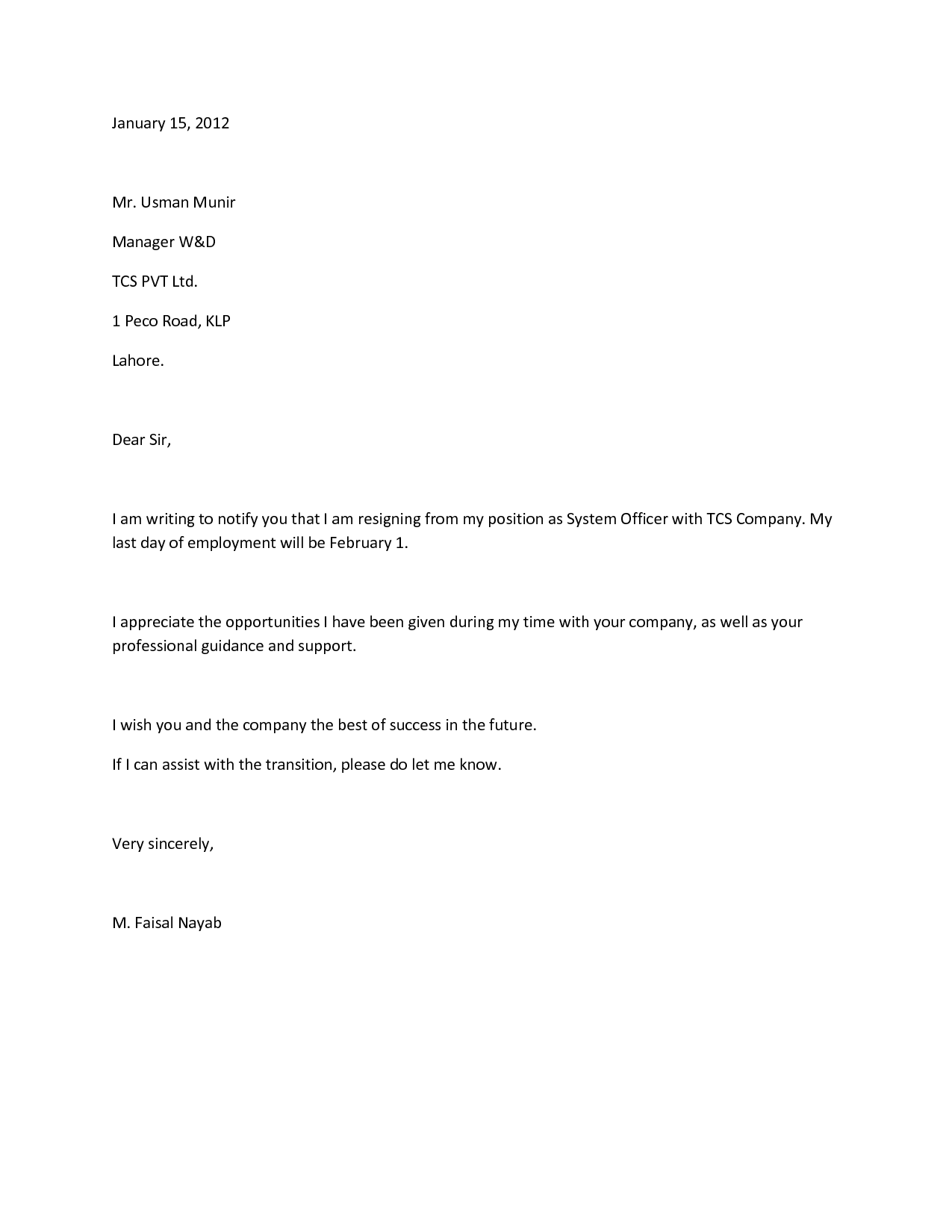Are you wondering whether you should send your resignation letter through email? Should A Letter Of Resignation Be Emailed is a common question many professionals face as they prepare to leave their current job. In this article, we will explore the attributes associated with Should A Letter Of Resignation Be Emailed and provide you with an example letter that you can use as a template. Feel free to modify the example letter to suit your specific situation.
Attributes of Should A Letter Of Resignation Be Emailed:
- Convenient: Sending your resignation letter via email is a convenient option, especially if you need to resign quickly or if you work remotely.
- Time-sensitive: Emailing your resignation letter ensures that your employer receives it promptly, without any delays in the delivery process.
- Professional: When crafted properly, an email resignation letter can still maintain a professional tone and convey your intentions clearly.
- Documented: Emailing your resignation letter provides a written record of your resignation, which can be useful for future reference.
Example of Should A Letter Of Resignation Be Emailed:
Dear [Recipient’s Name],
I am writing to inform you that I am resigning from my position as [Your Job Title] at [Company Name], effective [Last Working Day, typically two weeks from the date of the letter].
This decision was not made lightly, but after careful consideration, I believe it is the right step for me at this time. I have enjoyed my time at [Company Name] and am grateful for the opportunities for growth and development that I have experienced here.
I will do my best to ensure a smooth transition of my responsibilities before my departure. Please let me know if there are any specific tasks or projects that you would like me to focus on during this transition period.
Thank you for the support and guidance you have provided me during my time at [Company Name]. I appreciate the valuable experience I have gained and the relationships I have built with my colleagues.
Sincerely,
[Your Name]
Should A Letter Of Resignation Be Emailed
How to write a resignation email in 2023 (with examples) (2023)

Resignation Email – 27+ Examples, Format, Pdf | Examples

How to Write a Resignation Letter: Template (With 19 Examples)

Employee Resignation Letter – 12+ Examples, Format, Sample | Examples

How To Write A Job Resignation Letter Sample ~ Allsop Author

How to Write a Resignation Letter | Fotolip.com Rich image and wallpaper

